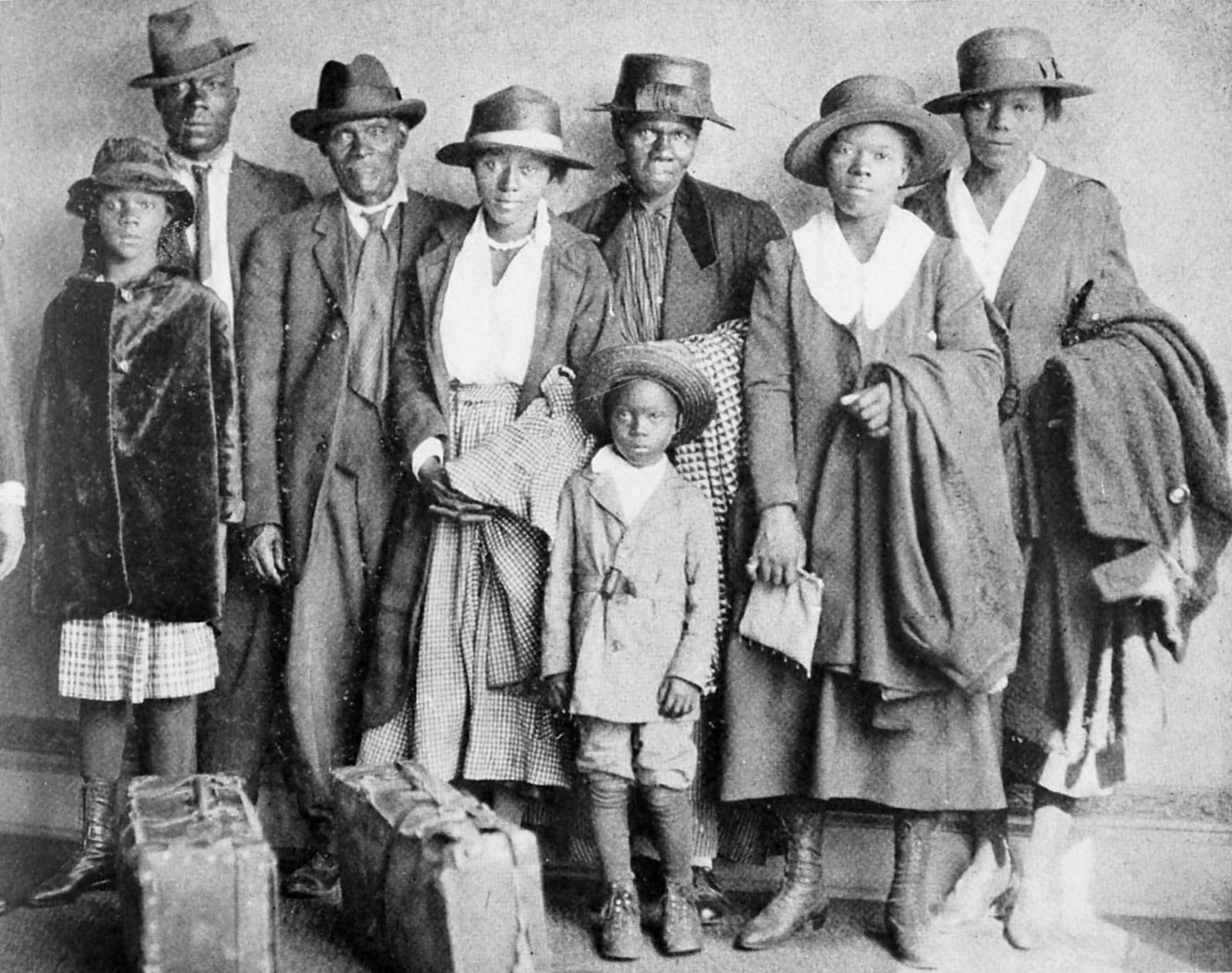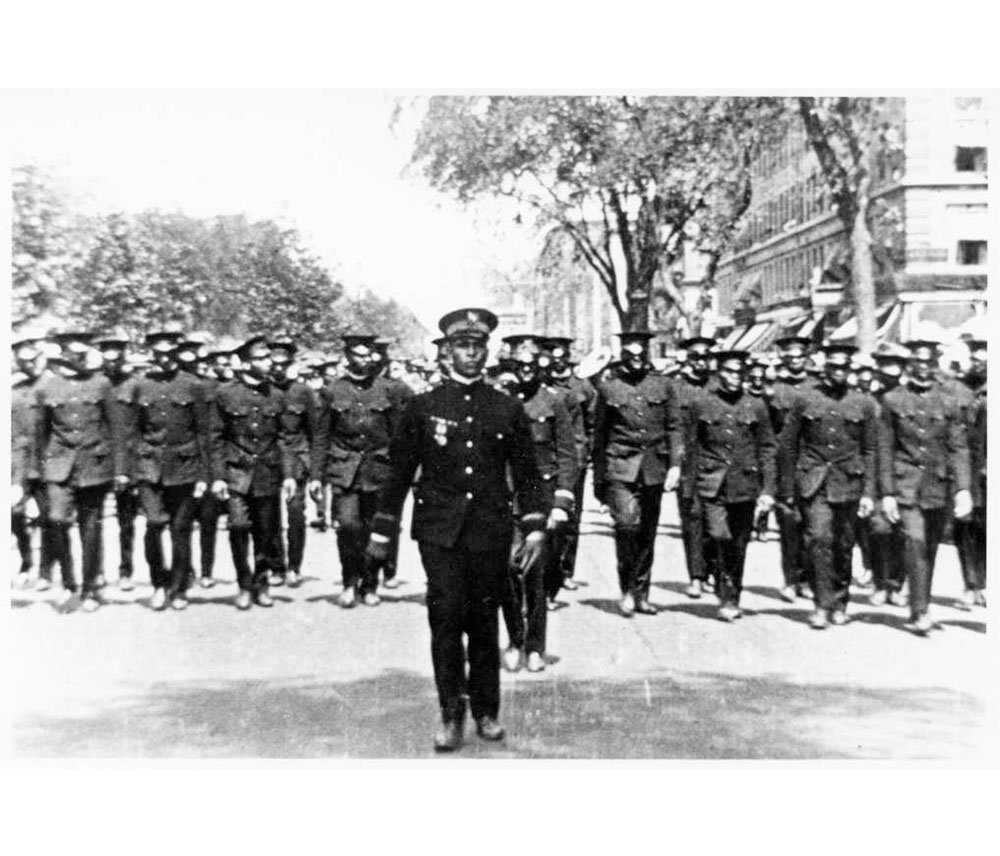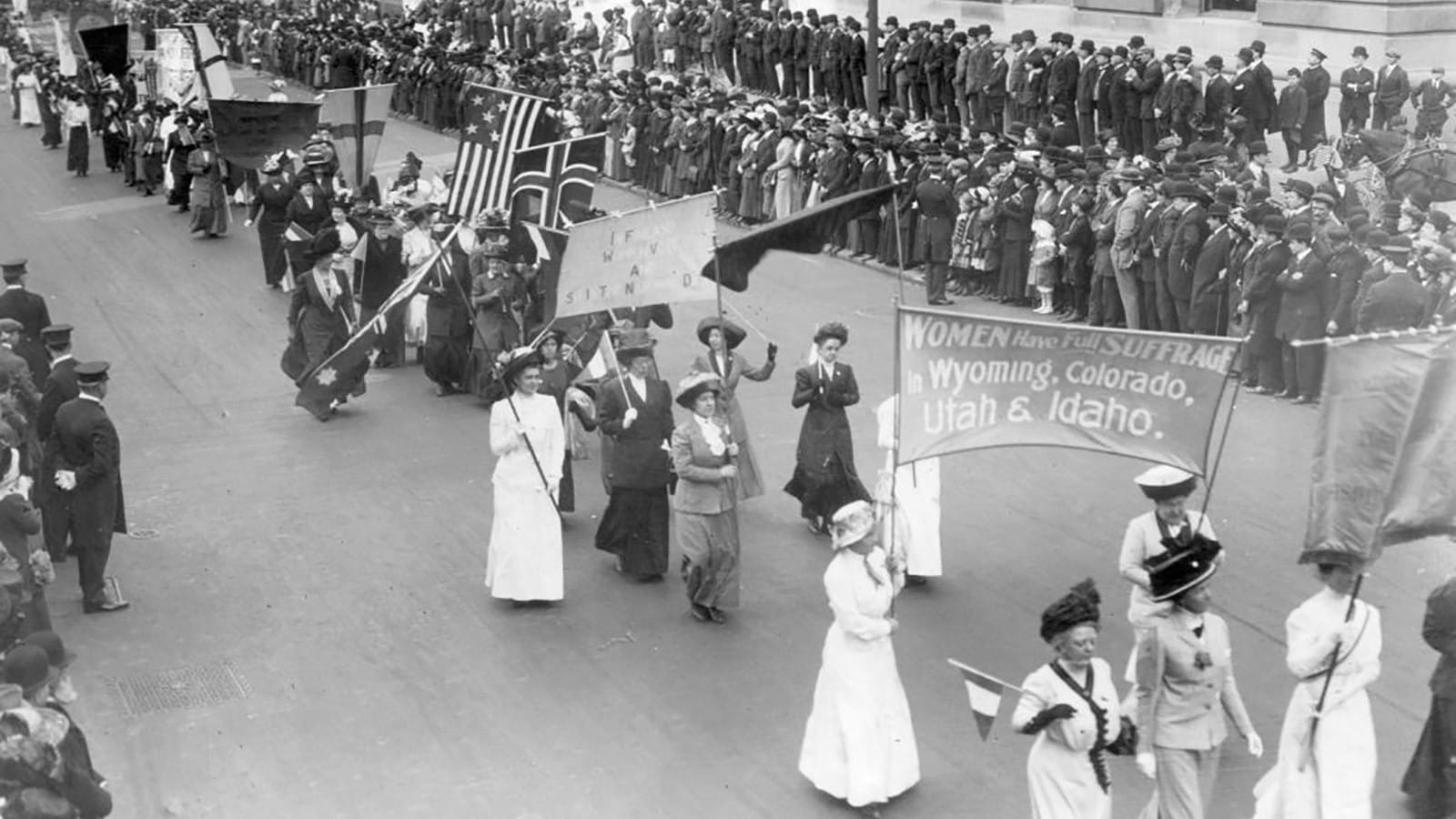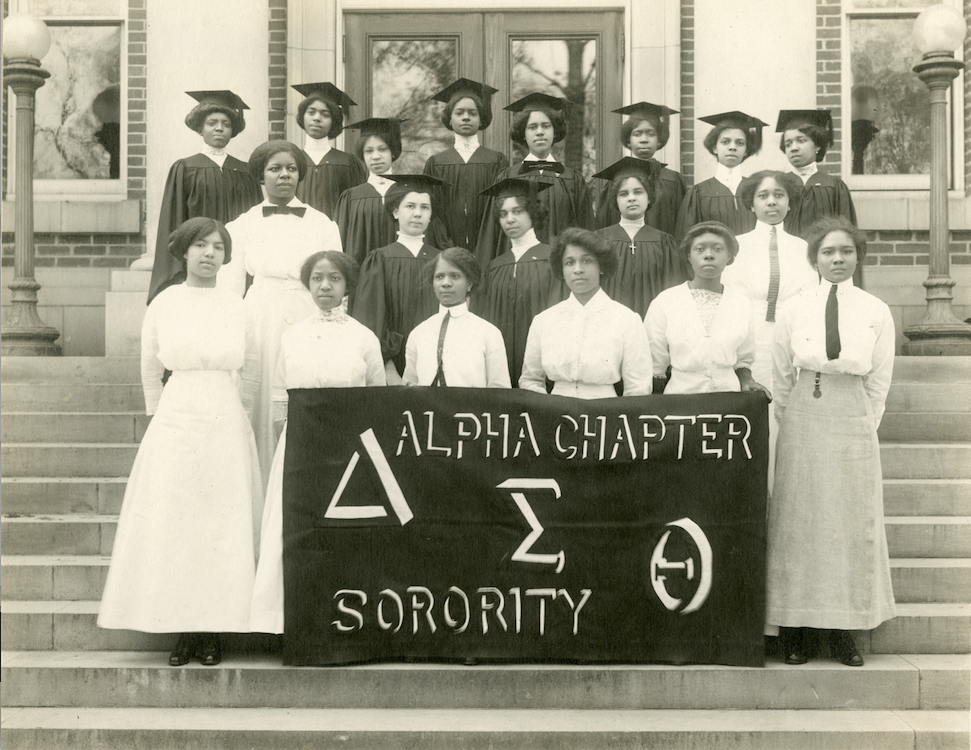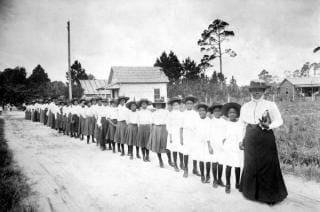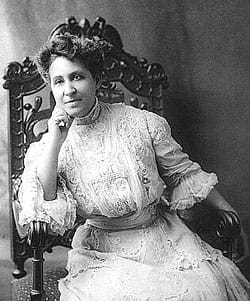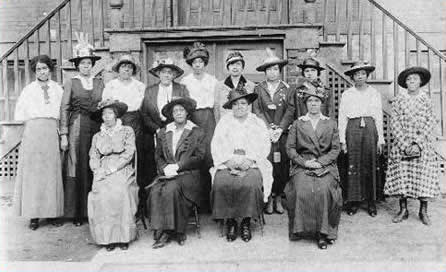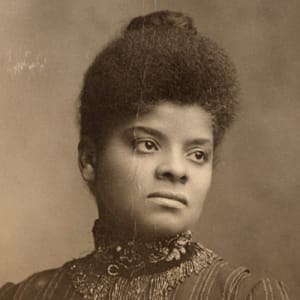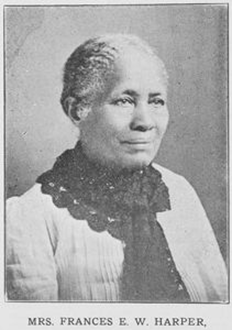“The Great Migration was the relocation of more than six million African Americans from the rural South to the cities of the North, Midwest, and West from about 1916 to 1970. Driven from their homes by unsatisfactory economic opportunities and harsh segregationist laws, many Blacks headed north, where they took advantage of the need for industrial workers that first arose during the First World War. During the Great Migration, African Americans began to build a new place for themselves in public life, actively confronting racial prejudice as well as economic, political, and social challenges to create a Black urban culture that would exert enormous influence in the decades to come.”
Author: developer
The United Negro Improvement Association and African Communities League (UNIA)
The United Negro Improvement Association and African Communities League (UNIA) was founded by Marcus Garvey in 1914. UNIA was a Black nationalist organization that centered “racial pride, economic self-sufficiency, and the formation of an independent Black nation in Africa,” according to the website for the PBS documentary series American Experience. By 1920, there were “nearly a thousand local divisions of the UNIA in the United States, the Caribbean, Central America, Canada, and Africa.”
Woman Suffrage March
The Woman Suffrage Parade/March of 1913, officially called the Woman Suffrage Procession, was the first suffragist parade in Washington, D.C. It is regarded as the first march on Washington for political purposes. In order to cover costs, the organizers of the march raised $15,000 (approximately $360,000 today) to support transportation, housing, and other needs of participants.
Delta Sigma Theta Sorority, Inc. Marches During Woman Suffrage March
Black women’s involvement with the suffrage movement has been so heavily invisibilized that it is almost impossible to find images documenting their participation. One photograph that we do have, however, is of Black women who were founding members of Delta Sigma Theta Sorority, Inc. and students at Howard University attending the Woman Suffrage March. It is said that participating in the 1913 Suffrage March was the Deltas’ first political act. Even though some of the most prominent suffragettes opposed their participation, the Deltas marched in solidarity with white women, although it would take them much longer to have their own rights actualized.
Literary and Industrial Training School for Negro Girls in Daytona
In October 1904, Mary McLeod Bethune founded the Literary and Industrial Training School for Negro Girls in Daytona, with only $1.50. While she initially had only six students, within a year McLeod was teaching more than 30 girls at the school. Over the years, the training institute evolved into a high school and then into a college, making Bethune the only woman founder of a historically Black college/university (HBCU).
Nannie Helen Burroughs
Nannie Helen Burroughs (1879–1961) was a Black educator, orator, religious leader, civil-rights activist, feminist, and businesswoman. After being rejected from teaching roles, she created her own school, the National Training School for Women and Girls. In 1900, she gave a speech titled “How the Sisters Are Hindered from Helping,” which allowed her voice and work to be recognized on a national level.
Mary Church Terrell
Mary Church Terrell (1863–1954) was a prominent activist and teacher who fought for women’s suffrage and racial equality. After her friend Thomas Moss was lynched, she became involved in Ida B. Wells’ anti-lynching campaigns. Her activism was largely centered on the idea of “racial uplift,” and her words, “lifting as we climb,” became the motto of the National Association of Colored Women’s Clubs (NACWC, which she helped co-found in 1896). She was one of the founders of the National Association for the Advancement of Colored People (NAACP) and a co-founder of the College Alumnae Club. In 1948, she became the first Black member of the American Association of University Women after winning an anti-discrimination lawsuit.
Lifting as We Climb
“Lifting as we climb” was the motto of the National Association of Colored Women (NACW), which was founded in 1896 and had members including Harriet Tubman and Ida B. Wells.
Ida B. Wells
Ida B. Wells (1862–1931) was a Black investigative journalist, researcher, educator, activist, and an early leader in the civil-rights movement. After the lynching of one of her friends, she began investigating and writing about lynchings. In 1892, white supremacists who were angered by her writings burned down her press and forced her to leave Memphis. She was the founder of the National Association for Colored Women’s Club (NACWC) and was one of the founders of the National Association for the Advancement of Colored People (NAACP).
Frances E. W. Harper
Frances E. W. Harper (1825–1911) was an abolitionist, poet, author, orator, suffragist, and teacher. She helped enslaved Black people escape through the Underground Railroad and frequently wrote for anti-slavery newspapers. She published numerous poetry collections and books, including Autumn Leaves (also published as Forest Leaves) (1845); Poems on Miscellaneous Subjects (1854), which was reprinted 20 times; Sketches of Southern Life (1872); and Iola Leroy (1892).

